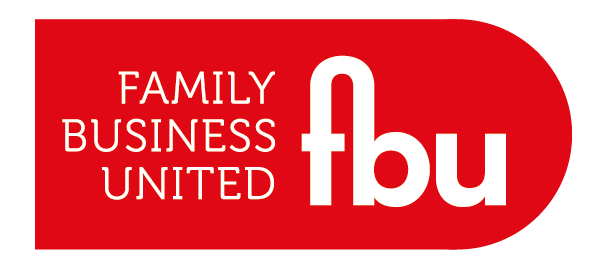Meetings (big sigh) are one of the top complaints amongst leaders and senior managers.
You may have thoughts during the meeting such as:
"this issue has been going on for months now" or "do I really need to be here" or "we are never going to be able to agree on this" "this meeting is going on forever, is it lunchtime yet?".
Sound familiar?
Perhaps it's time for you to look at getting an external facilitator in. To help you make your decision, here is a quick guide to facilitation, what it is, why it works and when the right time is to make the call.
Definition: Facilitation - the act of helping other people to deal with a process or reach an agreement or solution without getting directly involved in the process, discussion, etc. yourself.
(Definition of “facilitation” from the Cambridge Business English Dictionary © Cambridge University Press)

The benefits of external facilitation
1. Get to the real issues, quickly. Facilitation is a useful option for leadership teams to work through change options thoroughly and quickly. Good facilitators get rid of the usual distractions, help to give everyone an equal voice and ask powerful questions.
2. Have the crucial conversations. Facilitators create the right environment to have conversations you need to have by setting rules and conditions for contributing. This allows sensitive subjects to be tackled, disruptive behaviour to be challenged and conflicts to be resolved.
3. Own the solution yourself. Facilitators come with questions, not the answers. Working through problems together creates a collective engagement in the process. We call this the "IKEA effect" (you love it more if you have made it). Team problem solving also has the added benefit of getting to know each other better as a leadership team.
4. Get perspective. Facilitators are a sounding board for all. They are neutral and can collect the combined views of the group to get from 'I think' to 'we think'.
5. Keep on track. Good facilitators will set the agenda, make sure the right people are involved and keep you on track to get things done.
The downsides of external facilitation
- It's an added expense. Yes, hiring a facilitator is more expensive than using you doing it yourself . We suggest doing a little calculation: how much do you value the participation of the internal facilitator, perhaps that? How much money is this project worth and what fraction of that total does the facilitator cost?
- It takes time. We normally meet everyone in the team first to get to know the individuals and start to canvas opinion and gather information, which can take time. The output of this is more constructive meetings that incorporate the whole.
- They are not always there. You might get a bit too used to them! External facilitators might not be there for the entire process, beginning to end. You cannot delegate responsibility, and someone internally still needs to drive things forward.
When to hire a facilitator
- You want input and 100% buy-in from your team on a strategic plan
- You want to develop a strong and aligned leadership team
- When faced with difficult change projects and the mindset of "It has never worked before, so why is going to work this time?"
Change depends on having the belief, being ready, and having the capability.
Read my related article Investing in a Culture of Change which describes how to use Change Success Model to move forward in your organisation.




